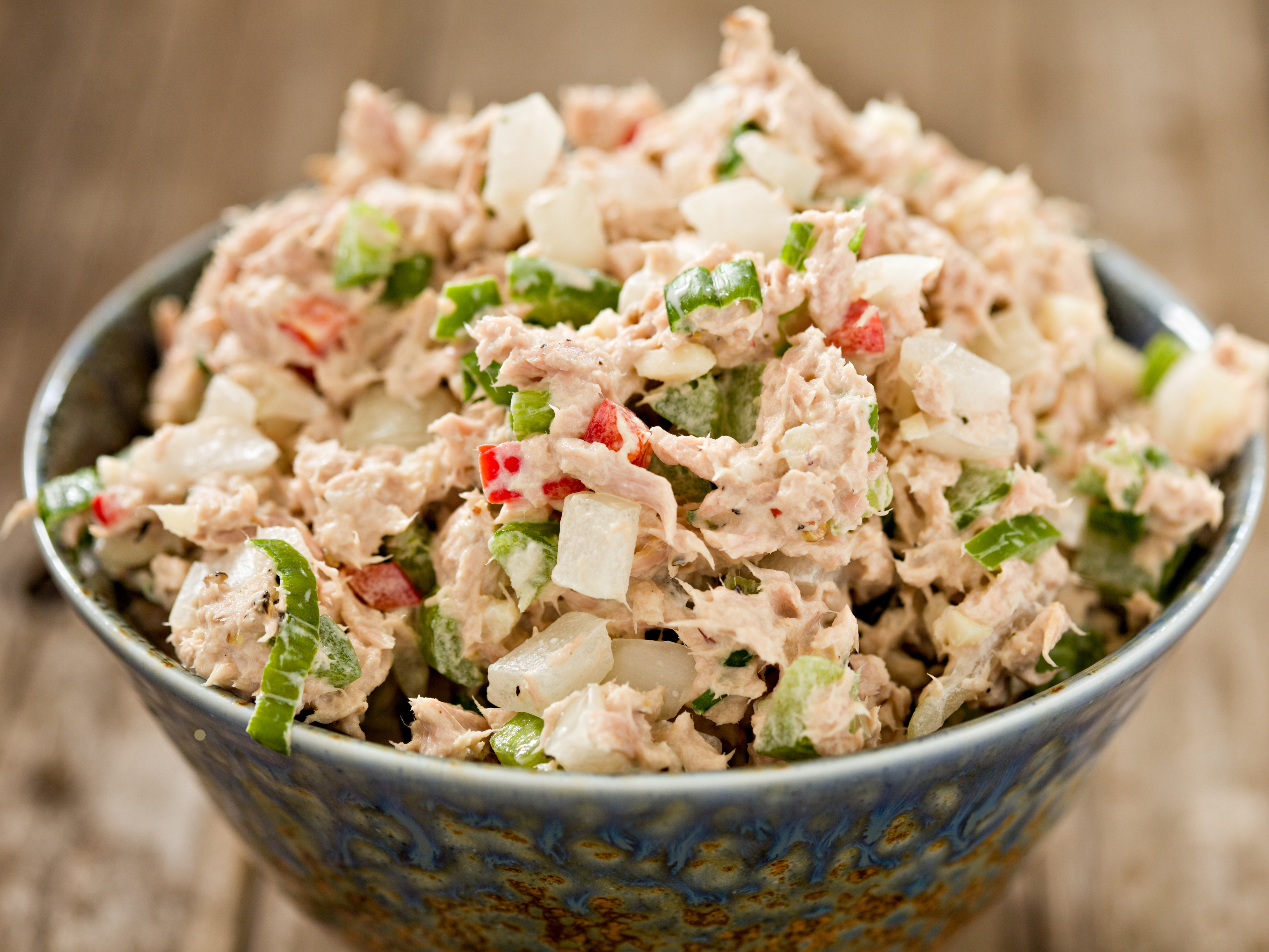Sardines and tuna are two staples of canned seafood, each offering unique health benefits. While both are rich in nutrients, sardines are often considered a superior choice for their lower mercury content, sustainability, and nutrient density. Let’s explore the key differences to help you decide which is the healthier option.
Nutritional Comparison
1. Protein Content
Both sardines and tuna are excellent sources of protein, vital for muscle repair and overall health.
- Tuna: Offers slightly higher protein levels per serving, making it a popular choice for athletes and fitness enthusiasts.
- Sardines: Contain slightly less protein but compensate with a richer nutrient profile, including calcium and vitamin D.
2. Omega-3 Fatty Acids
When it comes to Omega-3 fatty acids, sardines take the lead. These healthy fats are essential for heart health, brain function, and reducing inflammation.
- Sardines are packed with EPA and DHA, two crucial Omega-3s for cardiovascular and cognitive health.
- Tuna also contains Omega-3s but in lower concentrations compared to sardines.
3. Micronutrients
Sardines are more nutritionally dense than tuna due to their edible bones and smaller size.
- Sardines: High in calcium, vitamin D, and B12, supporting bone health and energy metabolism.
- Tuna: Rich in selenium and B vitamins, which are essential for antioxidant activity and cell function.
For additional sardine recipes, explore Sardines, Cracker & Cheese: The Perfect Trio for simple and nutritious snack ideas.
Safety and Environmental Impact
1. Mercury Levels
Mercury content is a significant concern with seafood, and tuna tends to have higher levels due to its place higher in the food chain.
- Tuna: Larger species, such as albacore, accumulate more mercury, posing a risk when consumed frequently.
- Sardines: Contain negligible mercury levels, making them a safer option for regular consumption.
2. Sustainability
Sustainability is another area where sardines excel.
- Sardines: With short lifecycles and rapid reproduction rates, sardines are among the most sustainable seafood choices.
- Tuna: Sustainability varies by species and fishing practices, with skipjack being more eco-friendly than larger species.
To learn more about how sardines are enjoyed sustainably in Mediterranean cuisine, visit How Do Italians Eat Canned Sardines?.
Culinary Applications
Flavor Profiles
- Sardines: Known for their bold, savory flavor, sardines are perfect for Mediterranean-inspired dishes.
- Tuna: Milder and more versatile, tuna works well in salads, wraps, and casseroles.
Recipe Ideas
- Sardines:
- Spread mashed sardines on toast with avocado or ricotta for a quick snack.
- Add to pasta with lemon, garlic, and parsley for a Sicilian twist.
- Check out What Goes Well with Sardines on Crackers? for topping inspiration.
- Tuna:
- Toss into a Niçoise salad with hard-boiled eggs and olives.
- Mix with Greek yogurt and mustard for a lighter tuna salad.
Explore Do Sardines Go Well with Cheese? for creative flavor pairings to elevate your sardine snacks.
FAQs
- Are sardines healthier for the heart than tuna?
Yes, sardines are richer in Omega-3 fatty acids, which are critical for heart health. - Which fish is safer to eat frequently?
Sardines are safer due to their low mercury content compared to tuna. - Which is better for bone health?
Sardines, with their calcium-rich edible bones, are superior for bone density. - Can both fish be part of a weight-loss diet?
Absolutely. Both are high in protein and low in calories, ideal for weight management. - Which is more environmentally friendly?
Sardines are more sustainable due to their shorter lifecycles and lower impact on the ecosystem.
Conclusion
When it comes to choosing between sardines and tuna, sardines often come out on top for their low mercury levels, higher Omega-3 content, and sustainability. Whether spread on toast, mixed into pasta, or served with crackers, sardines offer a flavorful and nutrient-packed alternative to tuna.
For more ideas and recipes, check out How Do Italians Eat Canned Sardines? and Sardines, Cracker & Cheese: The Perfect Trio.

